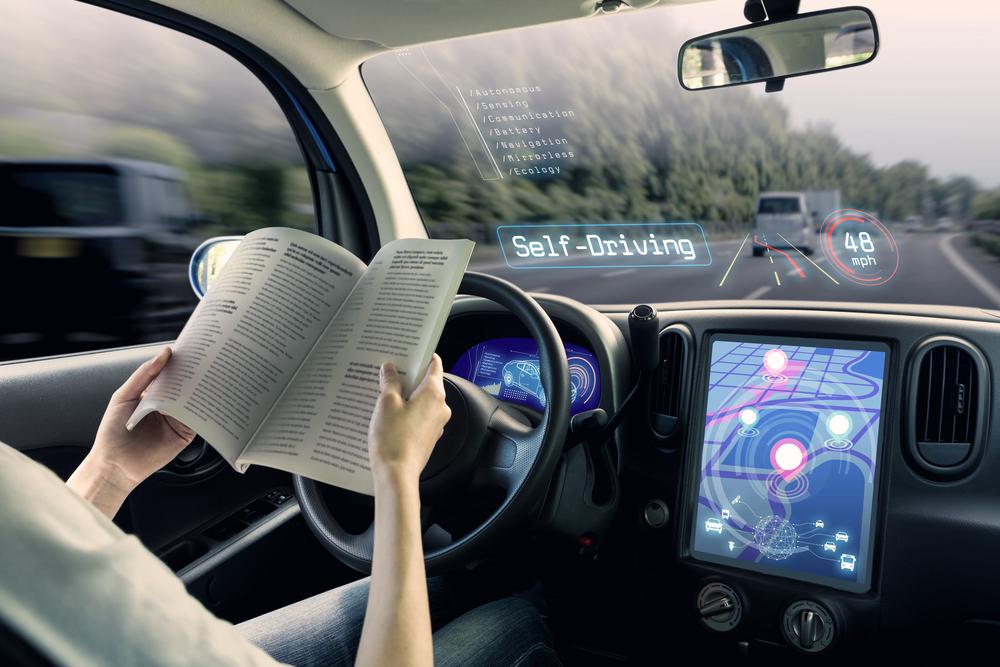
Transportation has always been something we’re fascinated with since the first vehicle was invented decades ago. And with the introduction of self driving cars, our fascination has only increased. Self-driving transportation has changed lives, and it’s about time university students embraced the technology.
With their heads buried in books, computers, and smartphones, our students don’t always stay updated on new technology. This may prevent them from making use of opportunities at their disposal or using their creativity to develop innovative ideas.
“Driverless,” autonomous, or self-driving vehicles are the future and are here to stay. They use software and sensors to control, navigate, and drive themselves. Besides revolutionizing our transportation system, these cars are set to radically change our economy and society. University students need to join this bandwagon for three reasons:
It’s a Multi-Billion Investment
Google, Tesla, Uber, Scania, and Toyota are not the only ones investing billions in automated vehicles. There are many companies investing in this venture.
In 2020, Apple Inc. significantly enhanced its autonomous technology, doubling road tests for its self-driving cars. On the other side of the world (China), an automated truck startup designed a commercial truck that passed a national certification test and met performance and safety requirements to operate in the country.
By December 2019, an autonomous truck owned by a Silicon Valley startup, completed its first cross-country trip--a 2,800-mile-stretch within three days. By October, Russia’s largest internet firm, Yandex, had been driving fully autonomous cars for 1 million miles.
It’s Here to Stay
In 2019, Ron DeSantis, the governor of Florida, signed the Autonomous Vehicles bill that came into effect on July 1. This means that more comfortable autonomous vehicles that move slower will soon become part of public transportation. They will eliminate the need for car ownership by supplementing existing transport.
We believe self-driving cars may reduce the number of people dying in motor vehicle crashes yearly. They enhance mobility for the elderly and disabled people. Electric automated vehicles connected to clean electricity may significantly lower transportation emissions, resulting in a healthier environment.
The questions being raised about self-driving vehicles are no longer about implementation. According to the proceedings of the National Academy of Sciences, they are more about technology, the impact on the society, and whether to design fully automated cars or allow some human control. A pressing issue is whether these cars will further enhance mobility, and if so, how?
Startups Are Not Being Left Behind
The availability of affordable, accessible transport has birthed civilizations and continues to drive the infrastructure and development of countries. The nature of transportation is changing and driverless cars are no longer an imaginary idea but a tangible product.
In the next decade or two, the self-driving cars industry will be valued at over a trillion dollars. If prepared well, our university students can successfully own a share of this booming industry. Many entrepreneurs and startups have unveiled autonomous vehicles and many more are waiting to launch their own.
Circs, electric scooters, are now available for rent in different parts of the world. In June 2019, Starsky Robotics, an automated truck technology startup, celebrated its first unmanned test drive on a public highway. Nuro, a robotics startup, recently teamed up with Domino’s Pizza to test pizza delivery in Houston using self-driving cars.
Educating our students on self-driving cars will empower them. Those who decide to follow this path may even drive showroom car sales in the future. They can become their own bosses and grow the economies of multiple countries simultaneously.
 icons at the top right corner of the subsection.
icons at the top right corner of the subsection.